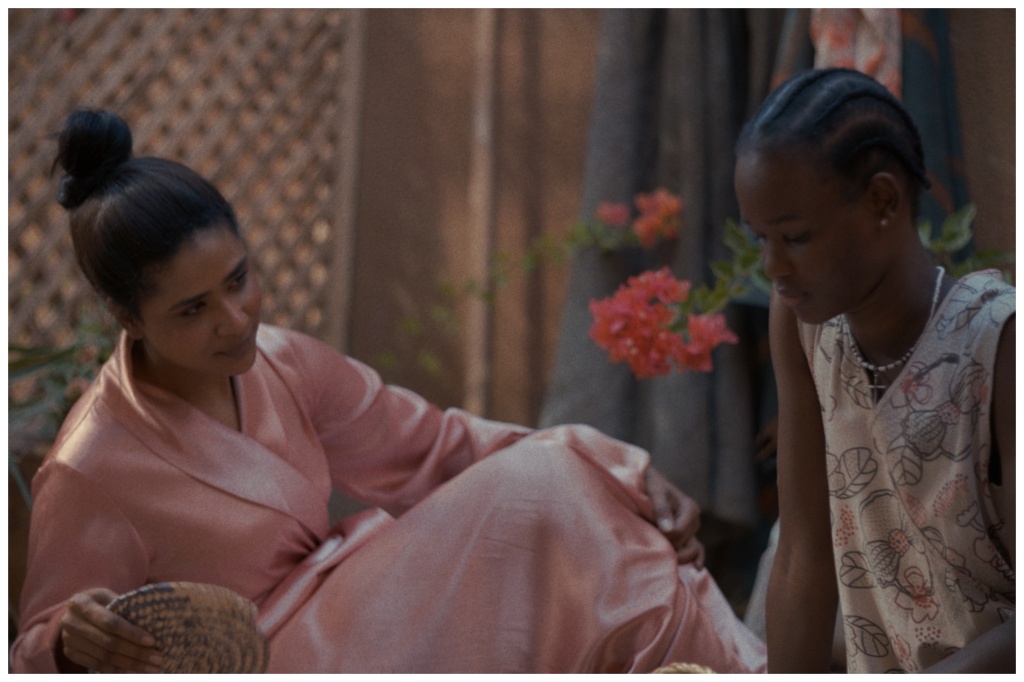
EXCLUSIVE: Deadline can reveal the first trailer for Mohamed Kordofani’s drama Goodbye Julia which will make history this month as the first Sudanese feature to play in Cannes when it world premieres in Un Certain Regard.
The drama has also gained resonance as Sudan hits the global headlines due to fierce fighting between rival military factions in and around the capital of Khartoum in recent weeks, which has forced hundreds of thousands of people to flee.
The conflict comes amid a tumultuous four years for the country, spanning the 2019 revolution, which deposed 30-year dictator Omar al-Bashir; the 2021 military coup, which stopped the move towards a civilian democracy in its tracks, and ongoing pro-democracy resistance protests ever since.
Goodbye Julia, however, is not focused on Sudan’s recent history, but rather on the events leading up to the 2011 South Sudanese Independence referendum, in which 99.57% of the people polled voted in favor of the region seceding from the north.
The vote followed decades of conflict between the suppressed Black mainly Christian population of the south and the ruling Arab Muslim population of the north.
Kordofani, who hails from the north, explores the roots of this schism through the tale of two women from either side of the division whose lives become intertwined in Khartoum.
Eiman Yousif plays a former singer from the north who tries to make amends for unwittingly causing the murder of a southern man by hiring his widow as a maid and paying for the education of her son, without revealing her connection to the crime.
Dubai-based, South Sudan-born top model Siran Riak makes her debut as the maid, with veteran Sudanese actor Nazar Goma and U.S-Sudanese actor and refugee advocate Ger Duany (The Good Lie, The Nile Hilton Incident) in supporting roles.
“The racism that was practiced for many decades from most Northern Arabs, government and people, was a major reason for the southerners choosing to secede,” says Kordofani.
“I realized then that I was somehow responsible for that decision, for all my life in Khartoum I had known no one from the south except for some domestic workers as if we had practiced social apartheid. Writing this film was part of a continuous effort to get rid of that inherited racism, motivated by a sense of guilt and a desire for reconciliation and a call for it, even if it seems late.”
The film is produced by Amjad Abu Alala under the banner of Station Films in co-production with Red Star Films, Die Gesellschaft DGS, Klozium Studios, Dolce Vita Films, Cinewaves Films, Ambient Light, CULT, and RiverFlower with the support of MAD Solutions, Red Sea, and CANAL+ International.
MAD Solutions is handling worldwide distribution.













